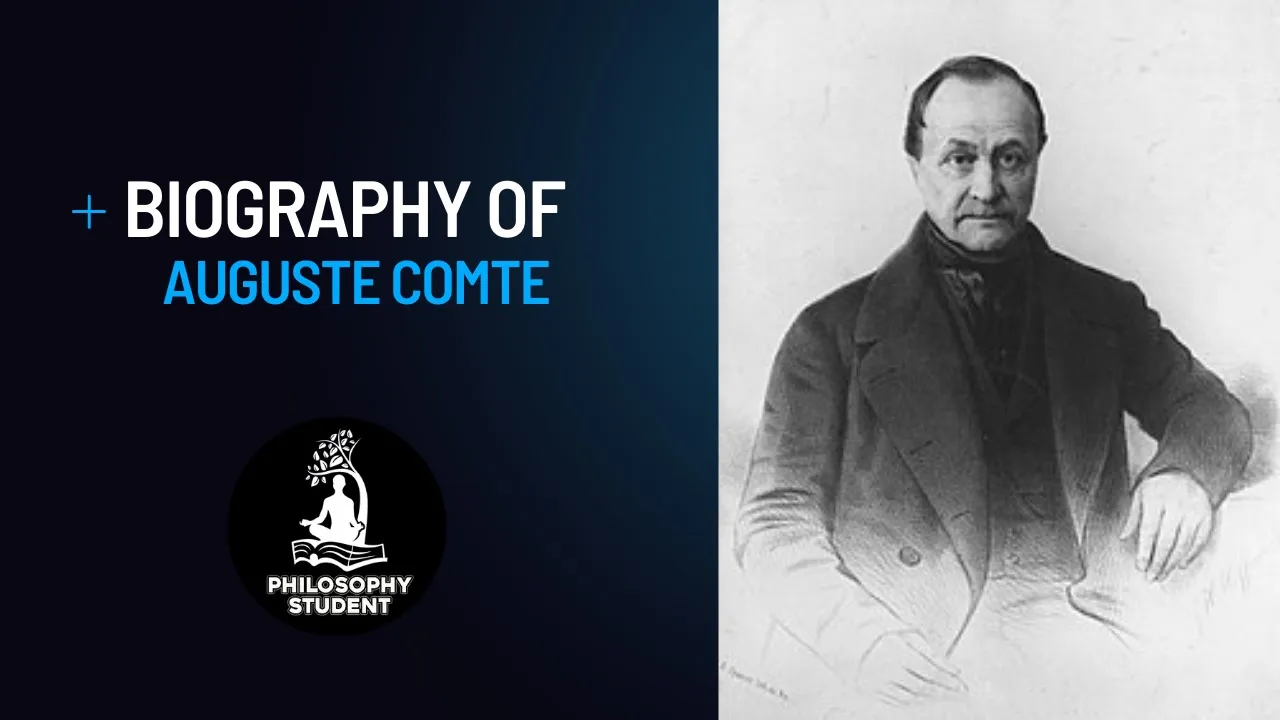Auguste Comte established positivism, a pervasive philosophical movement from the mid nineteenth century into the early twentieth, when it was dethroned by the advent of logical positivism, or neopositivism. In Comte’s positivism, certain knowledge (“positive” knowledge) is derived from sensory experience as interpreted by logic and reason. It is thus based on observation of natural phenomena as processed through science and the scientific method. In contrast to idealist philosophies (from Plato onward), which see certitude only in a priori knowledge, positivism recognizes only a posteriori knowledge as certain.
Related to his positivism, Comte created philosophies of mathematics, physics, chemistry, and biology, which made him the first modern philosopher of science. On historical, “evolutionary” grounds, he advocated the necessary replacement of metaphysics by the scientific method, in which theory was always grounded in, and in turn guided, empirical observation. Indeed, Comte’s “Law of Three Stages” held that society’s quest for truth passed through three stages, beginning with the theological, moving through the metaphysical, and culminating in the positive.
Auguste Comte was born in Montpellier on January 20, 1798 and won a place at the École Polytechnique in Paris in 1814. Restored to power after the fall of Napoleon I, the Bourbons shuttered the Polytechnique in 1816. Cast adrift, Comte met the economic and political theorist Henri de Saint-Simon the following year and was appointed his secretary. Through this connection, Comte was admitted into the world of politics and wrote a number of articles, which gained him rapid fame.
He left Saint-Simon’s service, married a seamstress, Caroline Massin, and, in April 1826, began teaching a Course of Positive Philosophy, which attracted, among others, leading scientists of the early nineteenth century. At the height of his early recognition, however, he suffered a nervous breakdown as he was assailed by fantastic fears of his wife’s infidelity. It was 1829 before he resumed offering the Course of Positive Philosophy.
Over the next thirteen years, Comte published the course in six substantial volumes, which was followed by Elementary Treatise on Analytic Geometry (1843) and Philosophical Treatise on Popular Astronomy (1844), which drew on his teaching of Parisian laborers. This same year, he also published Discourse on the Positive Spirit, which ventured from the philosophy of science into moral and ethical philosophy.
In 1844, Comte added a System of Positive Polity to his Positive Philosophy course, which already included the evolution of humanity. From this, he went on to found the Positivist Society in 1848, published the General View of Positivism—inspired by the liberal revolutions that swept Europe in that year—and, in 1849, founded the Religion of Humanity. During 1851–1854, Comte published, in four volumes, his System of Positive Polity, taking time in 1852 to write Catechism of Positive Religion.
Comte died on September 5, 1857, on the verge of beginning a new work, Treatise of Universal Education.




































